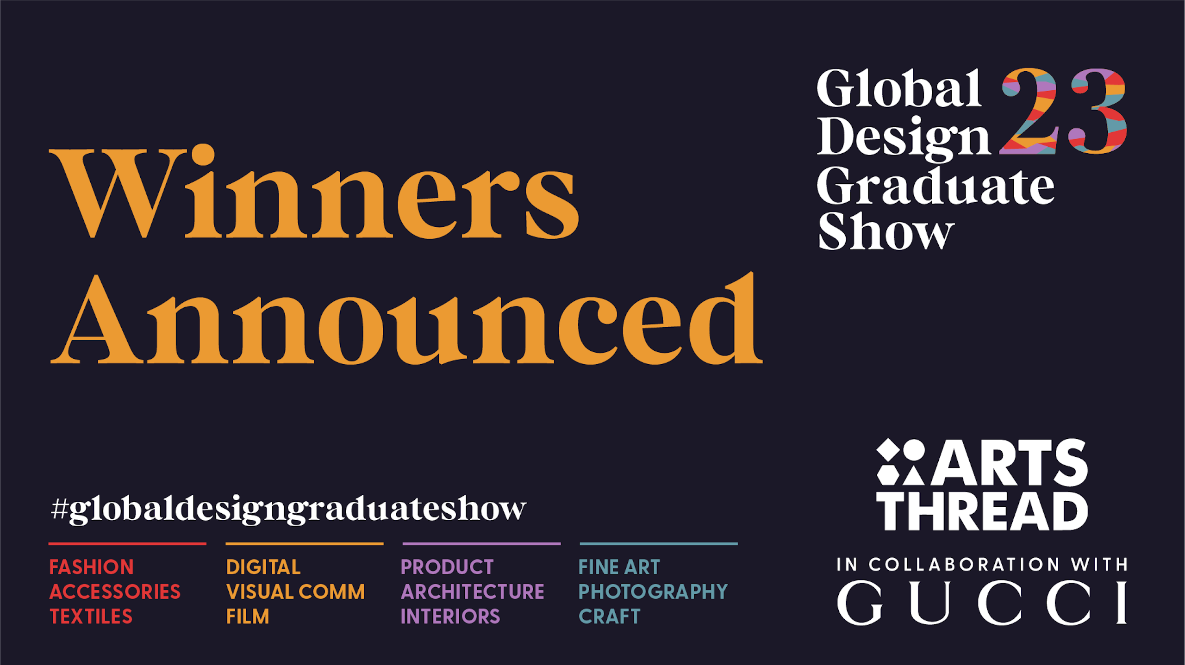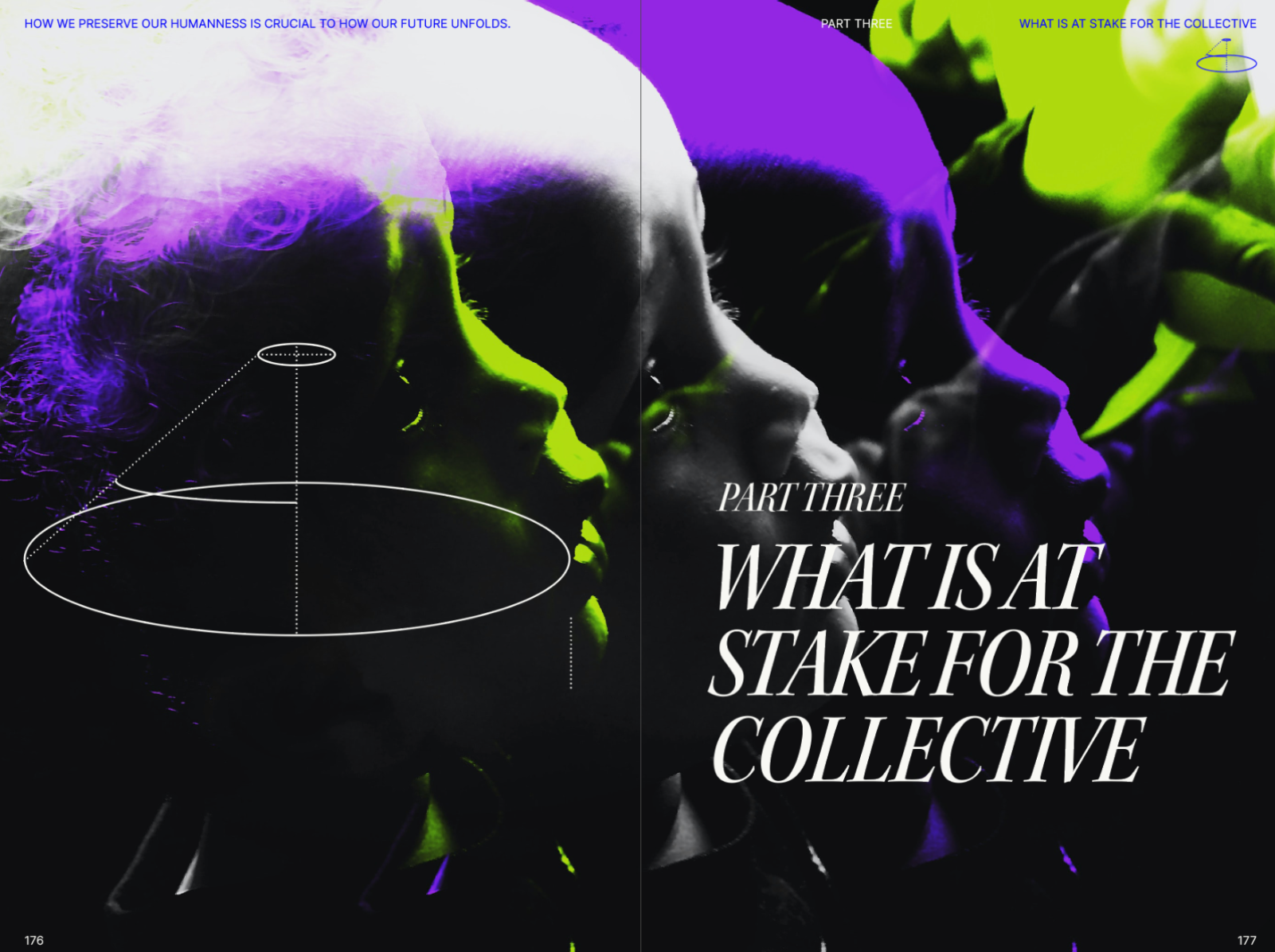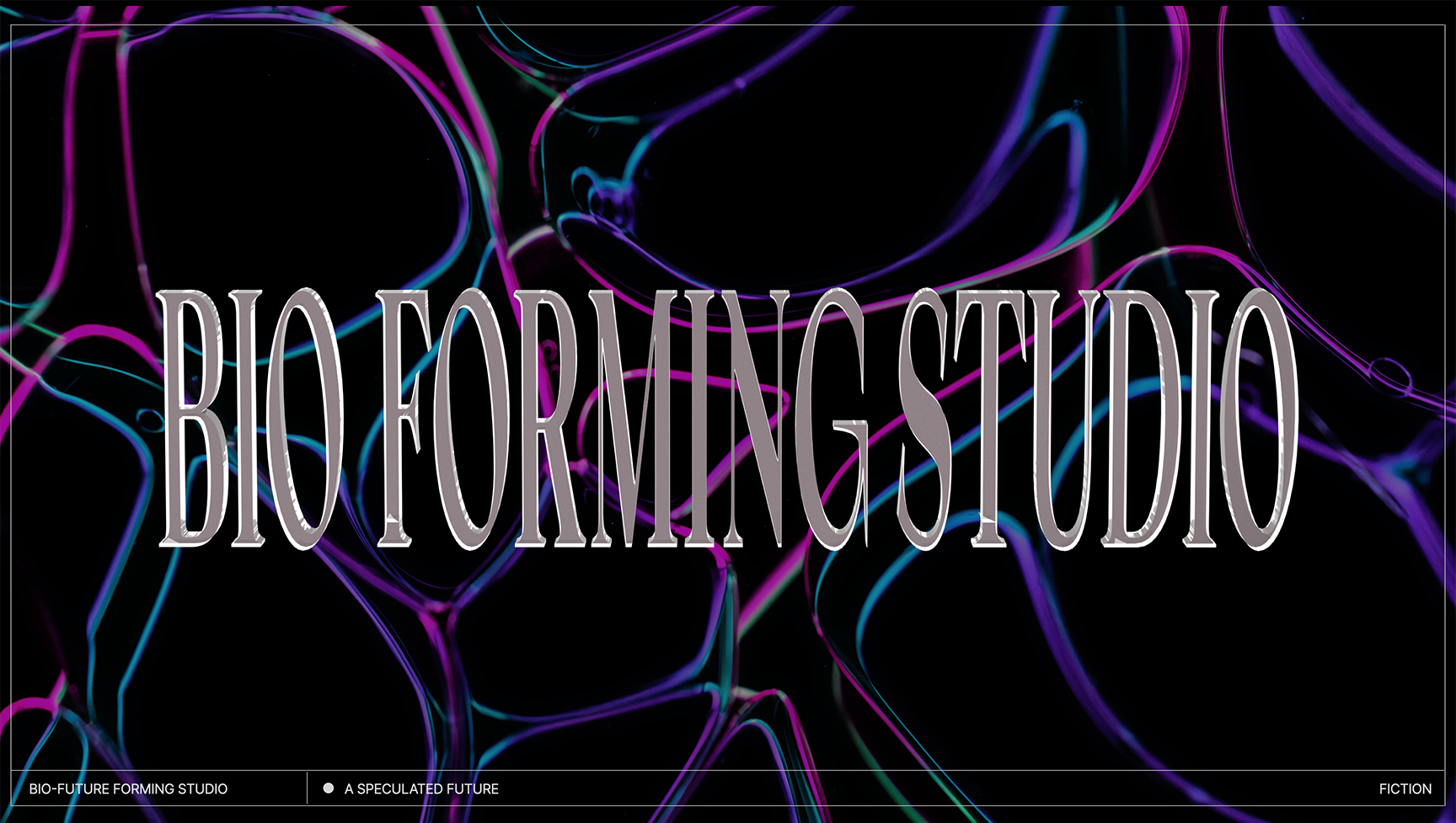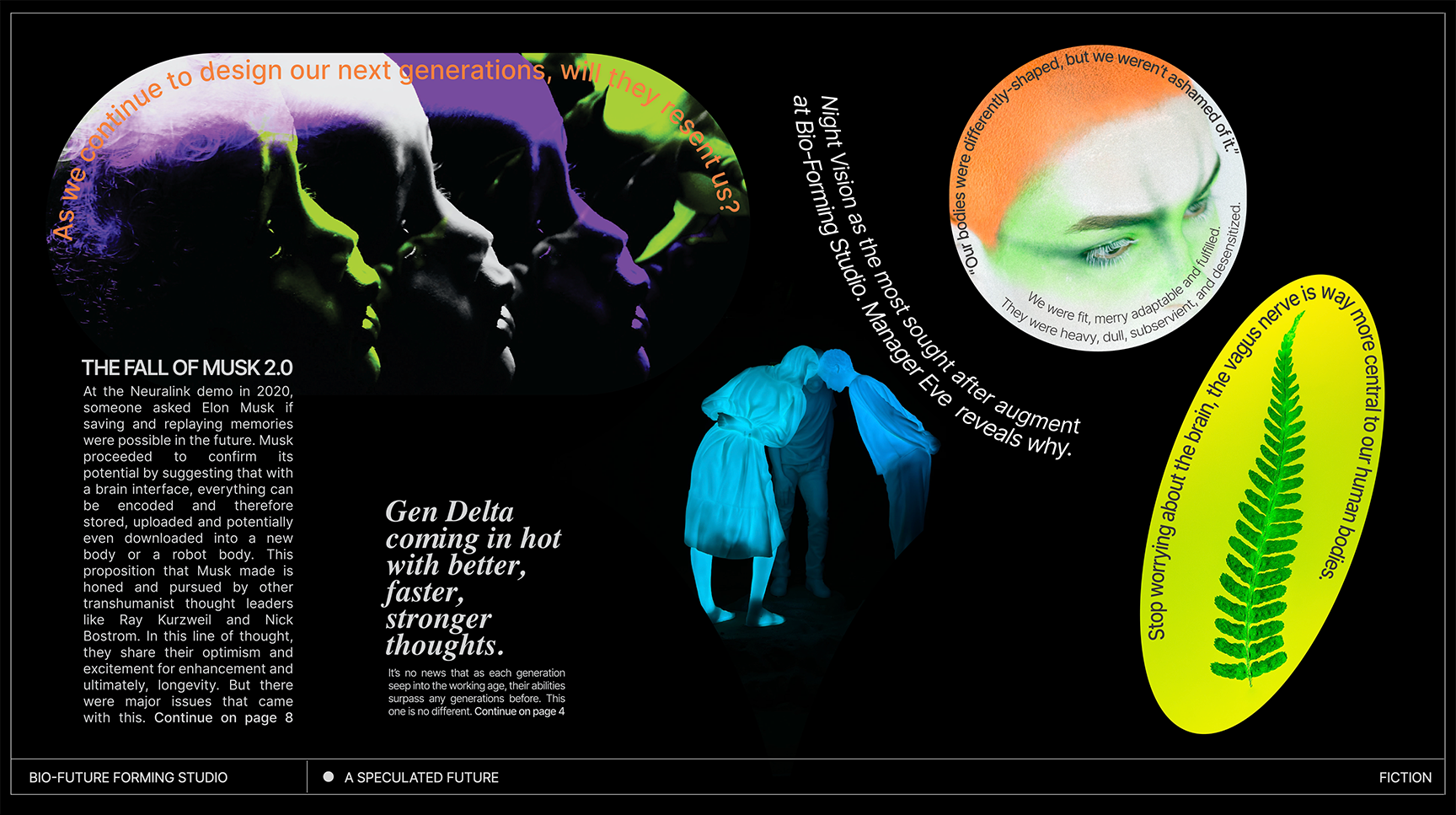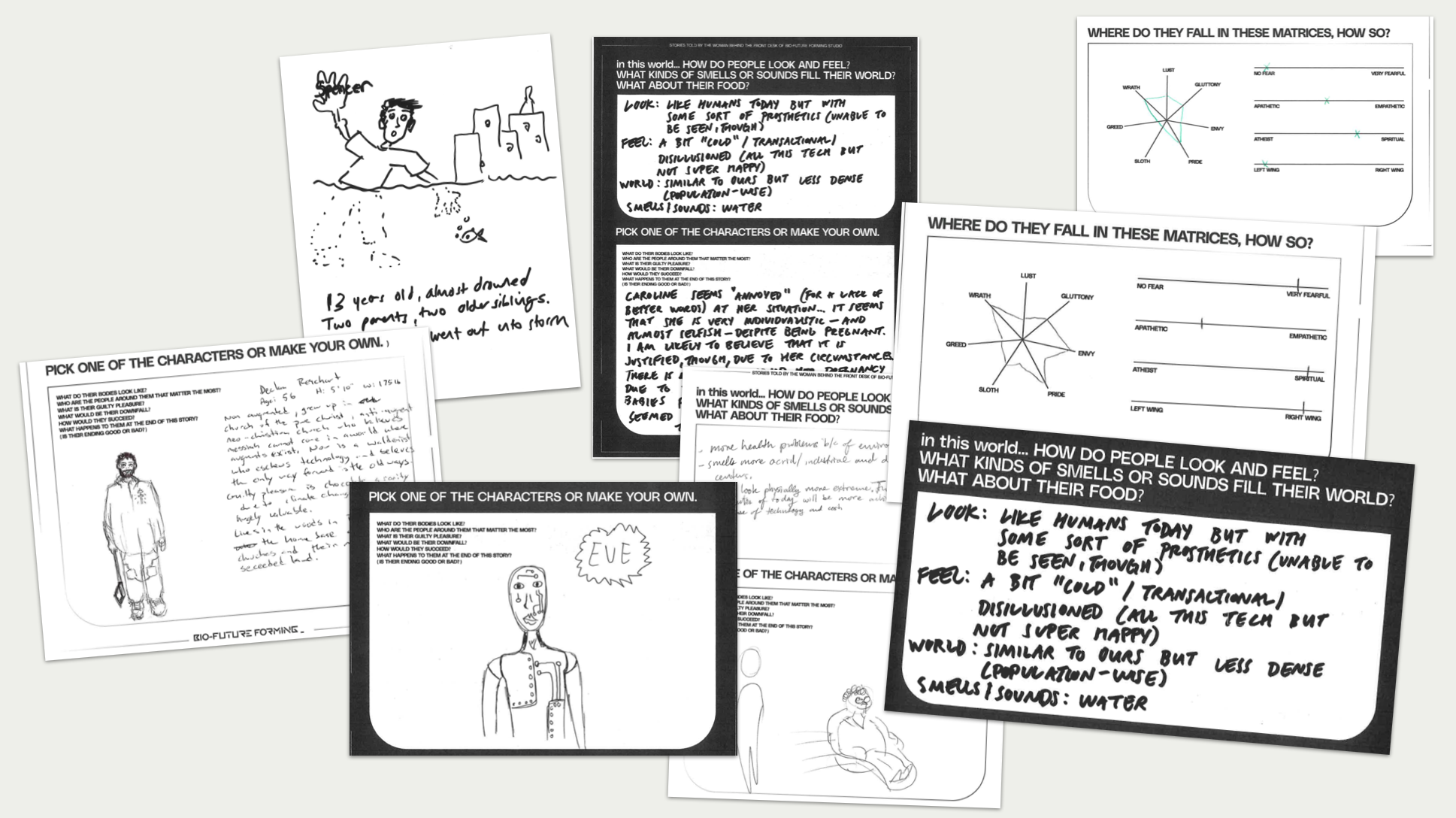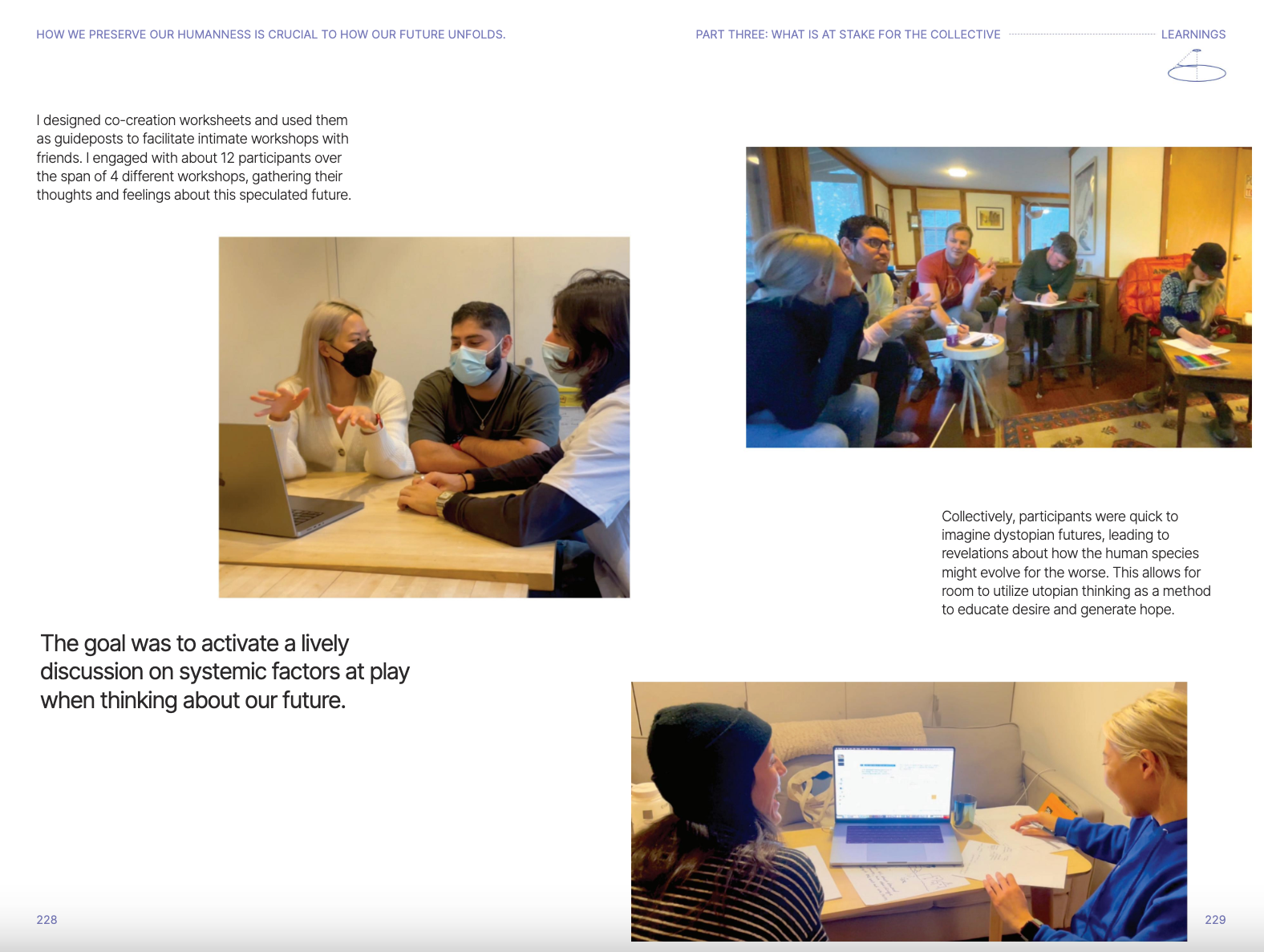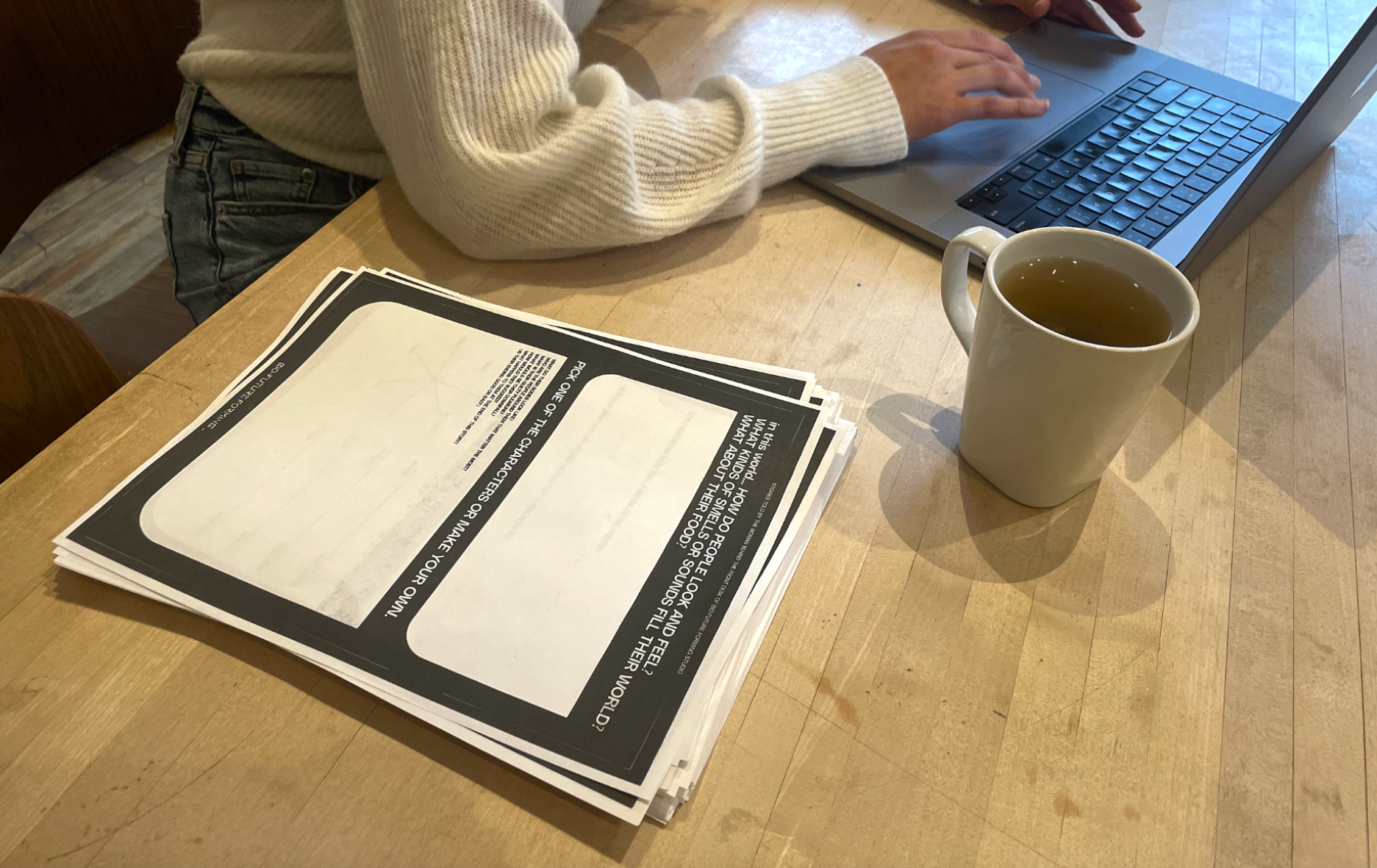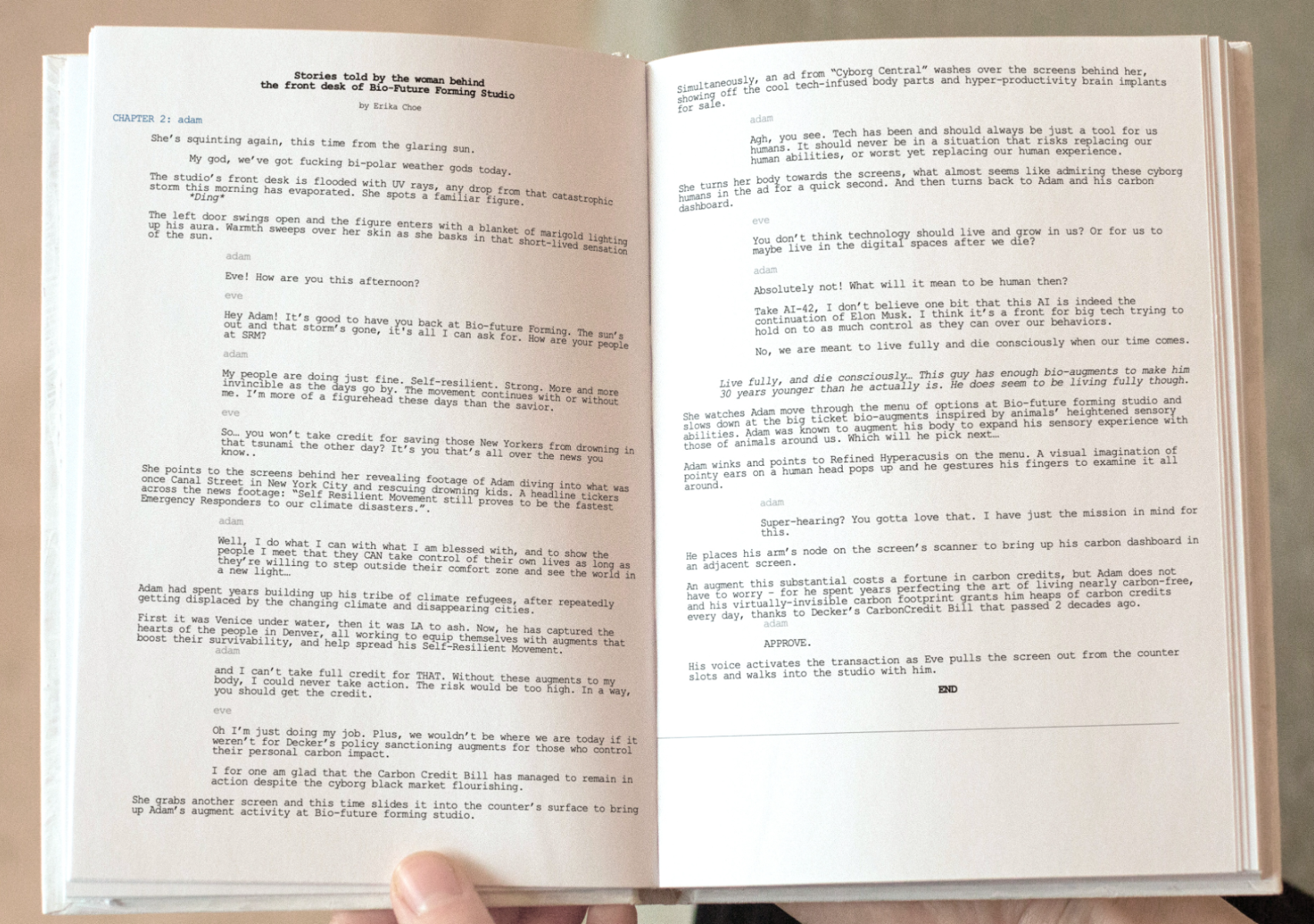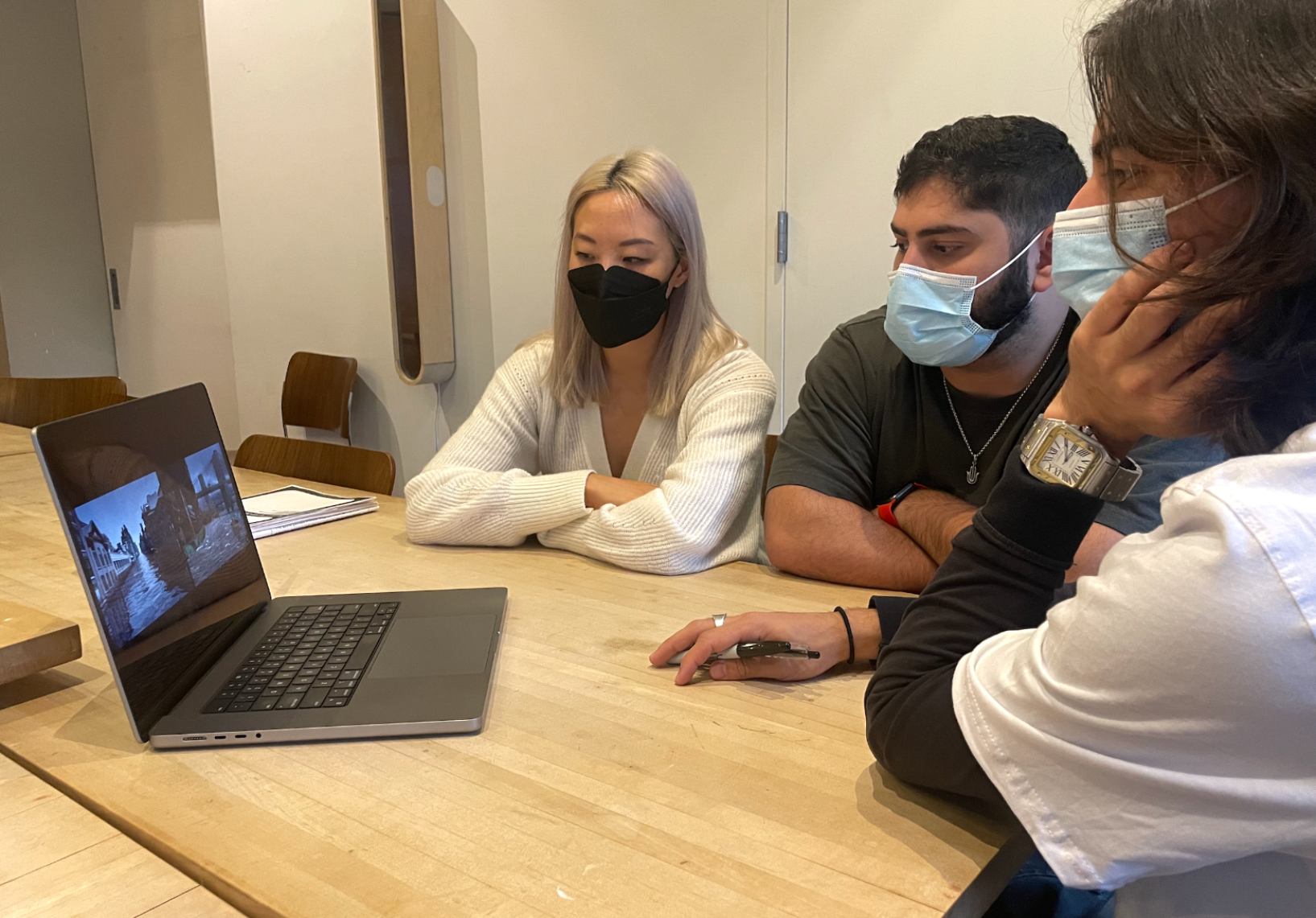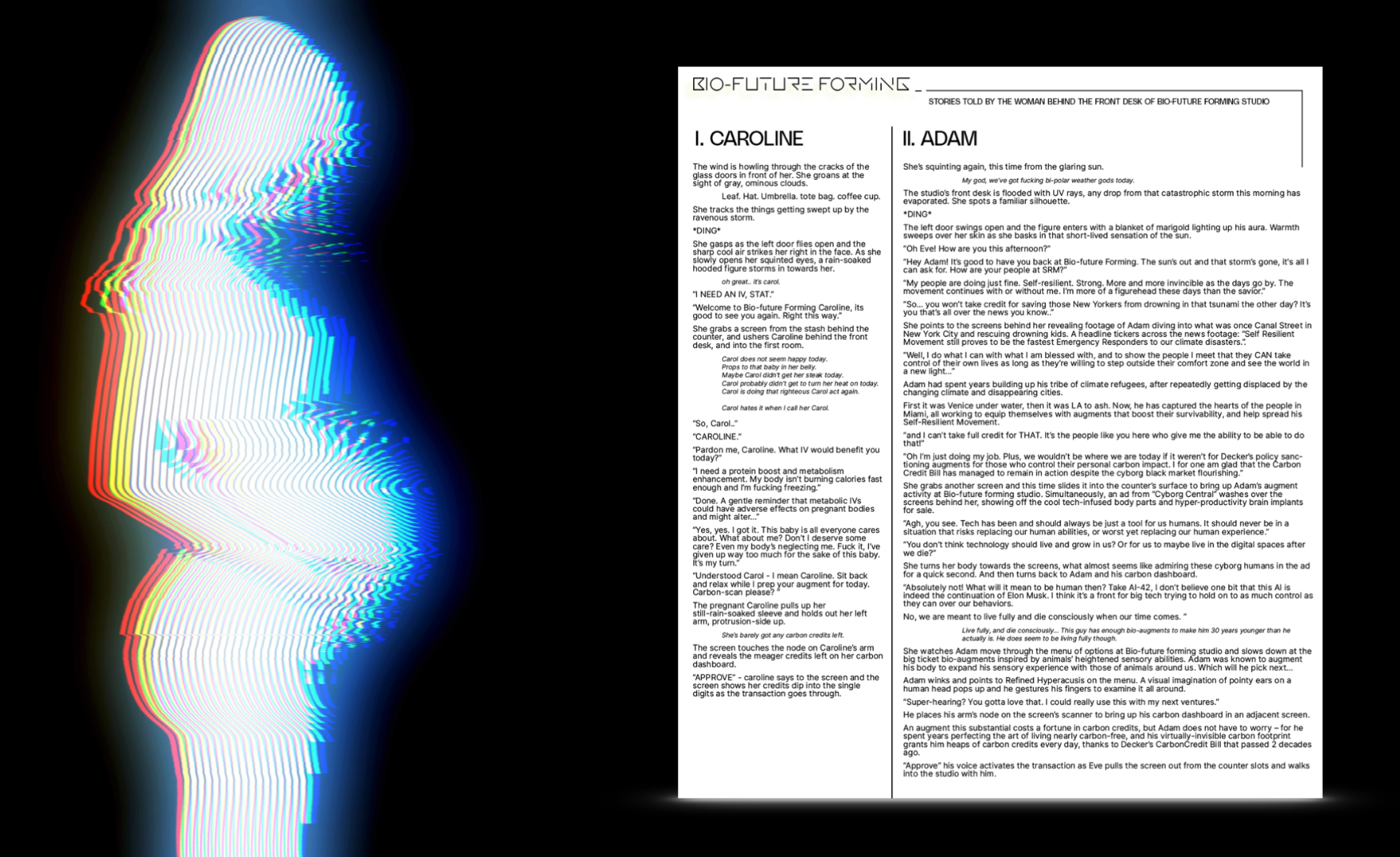Erika Choe
MFA PRoducts of Design
School of Visual Arts SVA
Graduates: 2023
Specialisms: Design and Technology / Art Performance
My location: New York, United States
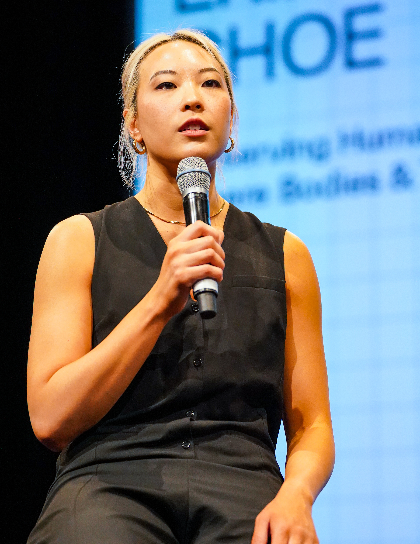
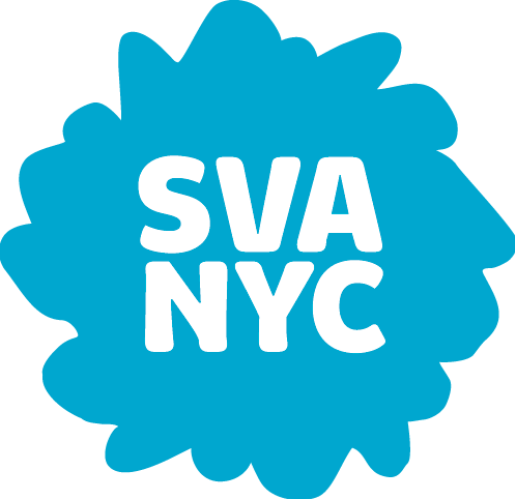
Erika Choe

First Name: Erika
Last Name: Choe
University / College: School of Visual Arts SVA
Course / Program: MFA PRoducts of Design
Graduates: 2023
Specialisms: Design and Technology / Art Performance
My Location: New York, United States
Website: Click To See Website
About
engaging humans in futuring workshop
How will our bodies look and feel in the future? How will genetic engineering change spirituality in the future? As we meet with technologies that are directly impacting our human evolution, we need to ask difficult questions and re-assess how we define what it means to be human as we move into the future. Brain implants, body augmentation, gene splicing, CRISPR technology, and epigenetic editing – we have yet to fully comprehend the potential unintended consequences of our rapidly developing human-enhancement innovations. And that makes for conversation around these topics difficult to conceptualize and discuss. To navigate these complex questions, I imagined a speculated world where augmentation is commonplace and has changed how our bodies function and adapt to climate crises. I wrote several short fiction stories that were based in the year 2100, where adapting to the climate crisis was the priority of body augmentation for survival. Written from the point of view of a woman behind the front desk of a futuristic bio-augmentation studio, we are introduced to two of her patrons, each coming from different walks of life: one is a pregnant surrogate mother and the other, a climate refugee turned hero of the self-resilience movement. These stories were shared in intimate gatherings of designers, art producers, and climate experts, to gather their thoughts about how our bodies would look and feel in the future, and what we should hold back on. It leans into methods of speculative futuring to provoke what if something like this happens? Do we want it to happen this way? Discussion centered around two main themes. The first was what it really means to be human if our bodies have the technological ability to morph into animalistic behavior. The second was the craving and desire for community and care no matter how destructive the world seems to be. By tapping into people’s emotions through fiction, we can utilize the power of storytelling to engage and prompt considerations for these complex topics. This experiment elicited strong emotional reactions from its audience, most of which were centered around contemplating the characters’ decisions. The conversations forced workshop participants to sit in discomfort and reflect on what about our humanness is sacrificed or challenged in these stories. And subsequently, how that would play out in our real human futures.
Competitions
